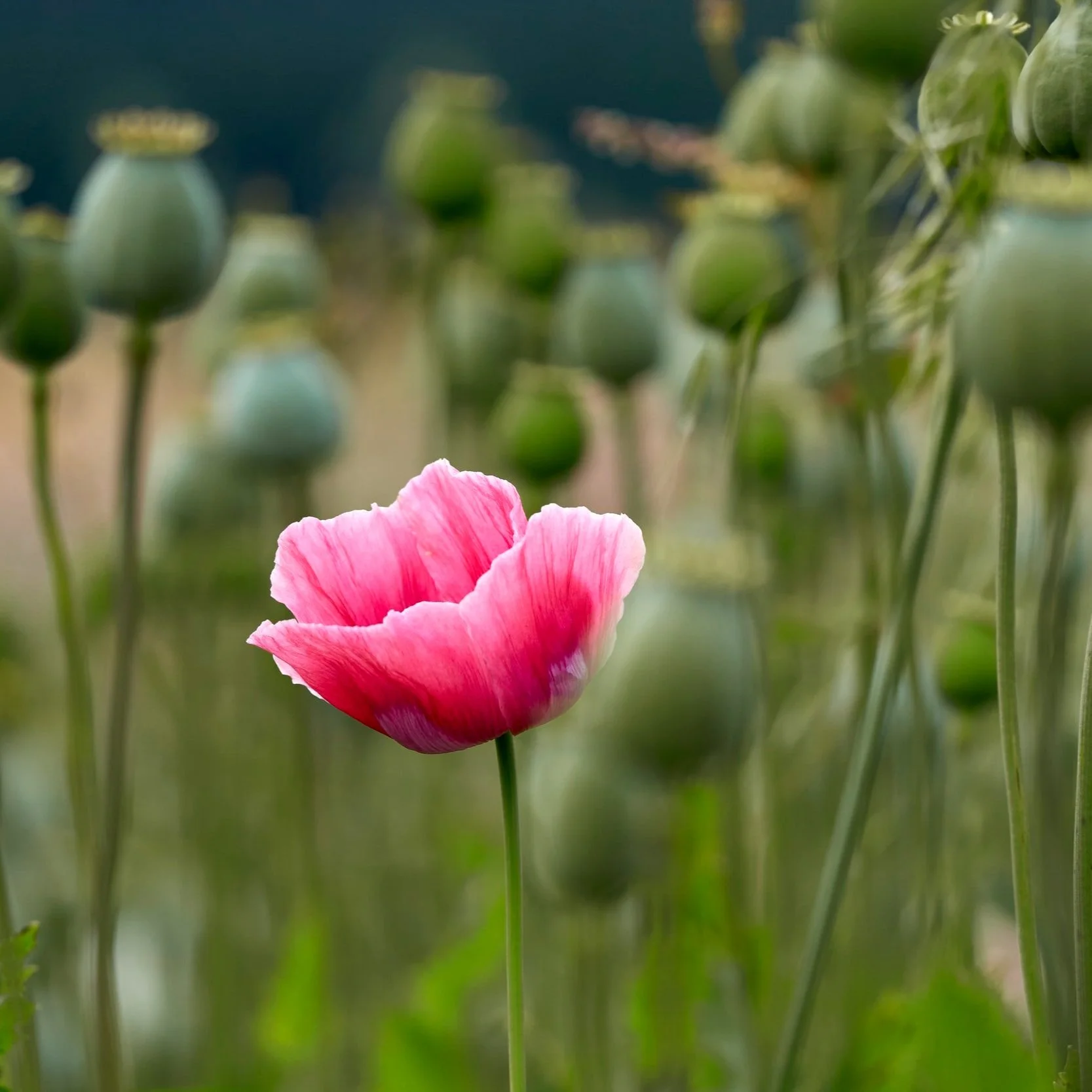
ON THE BLOG
Navigating Grief During The Holidays
The holidays are an incredibly difficult time of year for anyone struggling with the loss of a loved one. Because celebrations are so focused on joy and gathering with family, they can make feelings of grief even stronger. In our Thanksgiving blog, we focused on how to celebrate the holidays while grieving a loss with loved ones who are also grieving. This post will focus more specifically on you: what you can do to feel okay as the holidays continue.
What Is Complicated Grief And How Can It Be Treated?
Hospice care is a philosophy of care: it treats the patient rather than the disease. It is typically administered when the patient is not expected to live longer than six more months. Hospice care accepts the inevitability of death, and rather than attempting to postpone it, it seeks to make the patient as comfortable as possible in their final days.
New Beginnings: Starting fresh after a loss.
Hospice care is a philosophy of care: it treats the patient rather than the disease. It is typically administered when the patient is not expected to live longer than six more months. Hospice care accepts the inevitability of death, and rather than attempting to postpone it, it seeks to make the patient as comfortable as possible in their final days.
....And who cares for the caregivers?
Who cares for the caregivers? We ask this question because, from our personal history and our professional insight, we have noticed that caregivers are usually forgotten. This often happens a couple of weeks after the person who they are caring for has been diagnosed. When we mention "forgotten," we mean their needs and desires are ignored.
What are the four tasks of Mourning?
After a loss comes a period of mourning, the means of expressing grief. There are four major tasks involved in this period: accepting the loss, allowing yourself to experience grief, adjusting to your new world, and investing in other relationships. Read more in our latest blog.
What Is The Death Positive Movement?
Western society is clearly preoccupied with death. It appears in TV, movies, and music. And yet, most of us are deeply uncomfortable discussing it in real terms. Instead of allowing the universal experience of death to bring us closer, the death stigma in our culture alienates us from each other. This distance from death is actually new - not so long ago, people died in the family home, and their bodies were attended to in the salon. This new discomfort with death deeply impacts our ability to enjoy life.







